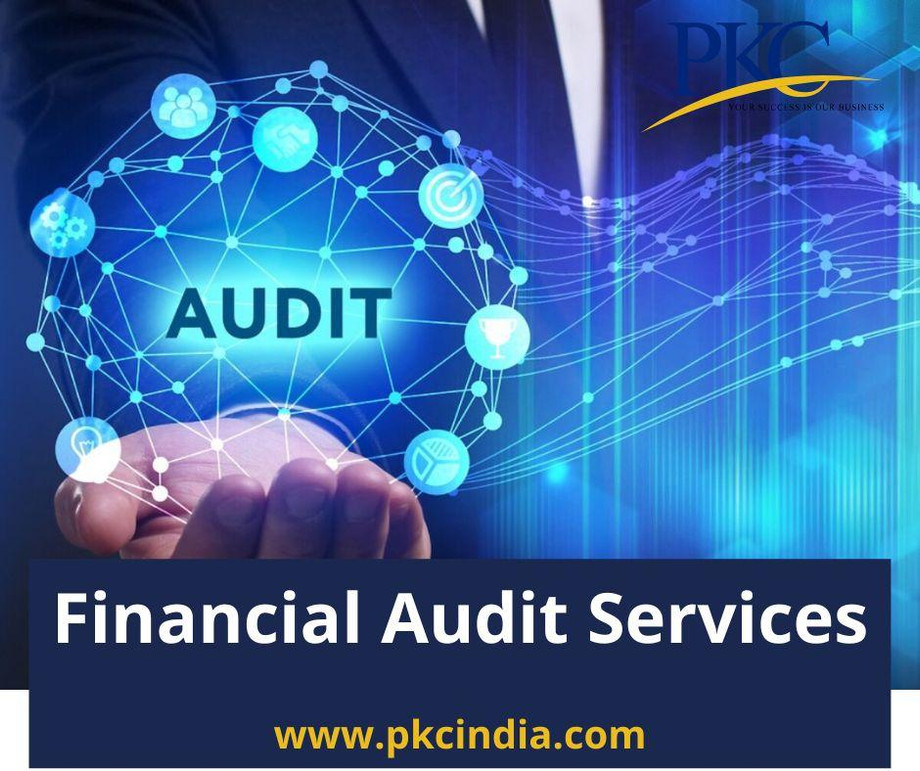Key Trends for the Financial Audit Services in 2022
The financial services industry has moved into the spotlight as an influential function globally in recent years. Internal audit teams possess the power to find out essential risks and help business leaders make better decisions. The events of 2020-21—the global Covid-19 pandemic and its economic impact, the challenging labour market, new global leaders, and prominent social movements disrupting numerous processes and posing significant threats have brought this new prominence into sharp focus.
As a result, financial audit in India is now under greater scrutiny, so they must be able to efficiently identify key risks and help organisations navigate their way through the next few years. For this to happen, businesses and firms need to embrace key trends in implementing financial audits. Some of the internal audit trends are listed below:
- AI and Robotic Process Automation
In recent years, AI has become a rapidly growing trend in most fields of business, bringing with it risks and problems to solve. The adoption of artificial intelligence and automated systems in accounting has led to significant improvements in the financial process. Accountants can switch to a well-built, sophisticated design to sort out all finances in less time and tighten compliance across various departments within types of financial audits.
Internal audit has previously demonstrated its value in assisting with integrating governance, controls, and risk management across automation initiatives during digitisation, transformation, and change management processes. As more organisations of all sizes and sectors implement automation programmes, this trend will become more prominent in financial audit.
- Integrated Assurances
As a result of financial firms' responses to risk events and regulatory demands, assurance activities have frequently been described as narrowly focused, redundant, costly, intrusive to the business, and unrelated to value and performance drivers. Implementing financial assurance services to any organisation adds the most value to the firm and gains efficiencies.
Integrated assurance in the audit system aims to align assurance efforts with the organisation's value drivers, provide visibility into risks, and improve risk management effectiveness while increasing efficiency. Despite its many advantages, the adoption of integrated assurance is frequently hampered, which should be rectified beforehand.
- Real-time Data Insights and Analytics
Every business leader requires instant access to business insights and financial data. The days of post-mortem data checks and reconciliations, as well as month-end reporting, are long gone. Economic data is no longer just for the finance department; it now also helps with the insights needed for the entire business strategy.
Data analytics aid in performance monitoring, understanding business patterns, identifying profitability, and mitigating risks. Above all, today's corporate leaders want inconsistencies to be placed in real-time. With today's digital tools, real-time data analytics are no longer a dream but a need every company should embrace.
- Advanced Vendor Management
Modern, smart firms have started automating their vendor management operations right from the vendor onboarding stage to reduce compliance risks. This stage assists companies in dealing with only compliant and potential vendors.
Additionally, companies are automating vendor interactions and payments. Automating activities previously done by hand frees up resources and improves overall compliance in the tax system, ultimately making the financial audit services better.
To ensure the proper deduction of TDS amounts, a vendor's compliance should be checked under direct tax legislation. In addition, a vendor's compliance with indirect tax regulations should be reviewed for proper claims of an input tax credit as per the financial audit system.
Conclusion
PKCIndia Businesses and financial audit services in India are now attempting to establish a single platform source for their financial data. Business leaders may now see data from all of their branches in one place, including invoicing, direct and indirect tax compliance, and other government-mandated submissions like e-way bills and e-invoicing, among other things.
Other stakeholders, such as vendors, distributors, internal teams, third-party auditors, and others, can access the necessary data through a single platform with the appropriate access controls.


.jpg)
Comments
Post a Comment